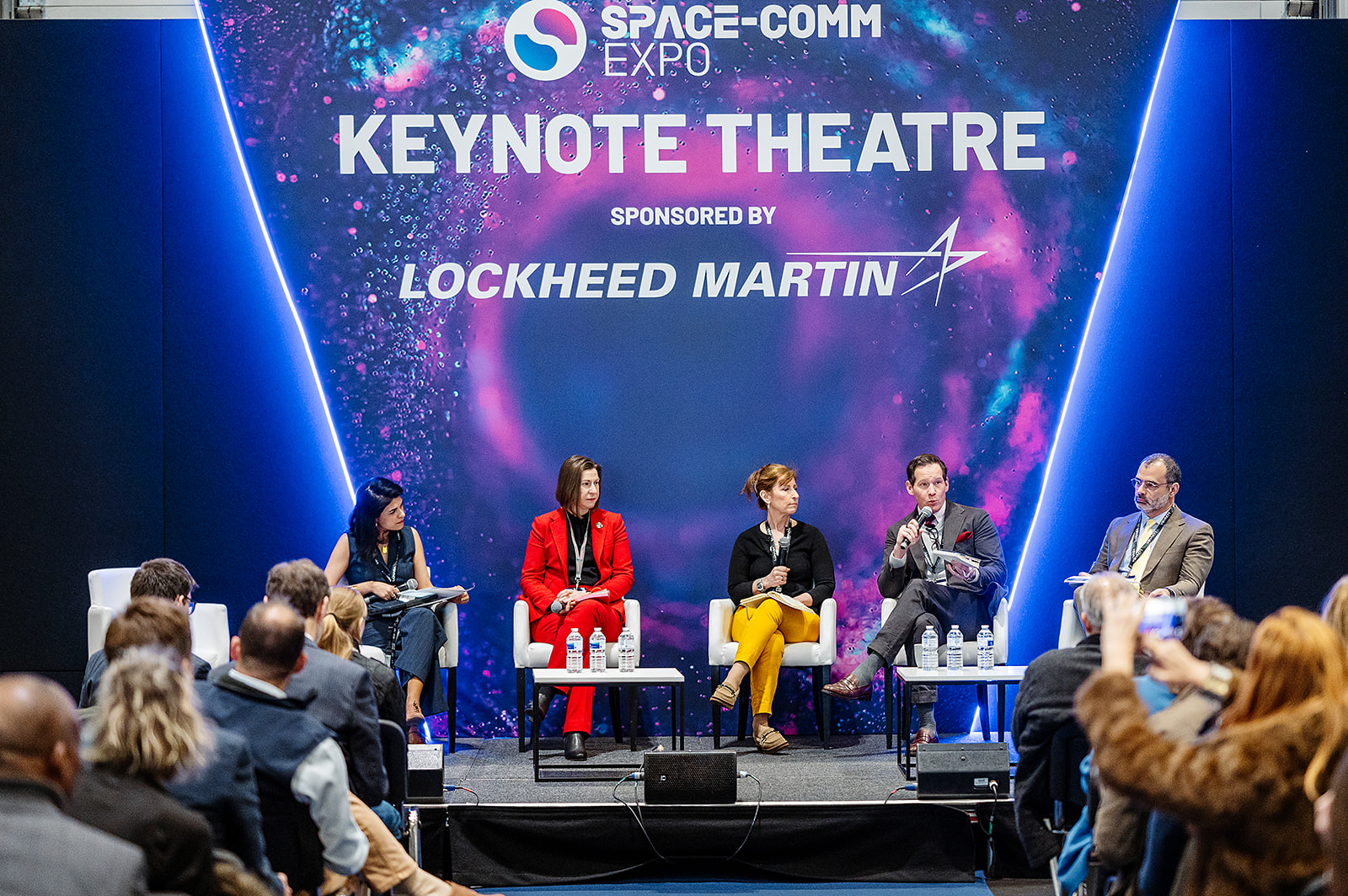UK joins AIR Centre to develop space tech and tackle climate change

Courtesy Harvepino / Shutterstock
Science Minister Chris Skidmore has signed an agreement in Parliament with Portuguese Science Minister Manuel Heitor that will make the UK a full member of the Atlantic International Research Centre.
The Centre was set up in 2017 and aims to strengthen scientific collaboration with researchers from around the world working on shared challenges and opportunities, from cutting carbon emissions to understanding space. It is designed to foster economic development through Atlantic region collaborations on space, climate and oceans issues.
UK Science and Innovation Minister Chris Skidmore said: “To meet the challenges and opportunities of tomorrow it is essential that our best and brightest scientists and researchers are able to collaborate internationally.
“Our joint-working through the Atlantic International Research Centre will incorporate a wide range of scientific work, from developing new space industries to tackling climate change. This will help meet a key aim of our modern Industrial Strategy, to retain and build on our world-leading position in research and development.
“But as the first major economy to introduce a legally binding net zero target, work between our scientists and those from Portugal and 15 other countries could play a vital role in helping us eliminate the UK’s contribution to global warming entirely by 2050.”
Portuguese Science Minister Manuel Heitor said: “The AIR Centre is for future generations and to benefit our societies through a better compromise between economic development and environmental preservation, with an emphasis on Atlantic regions.
“It has been built upon a deep scientific diplomacy process launched in 2016 on Atlantic Interactions, involving governments, scientific/academic institutions and industry.
“With headquarters in the Azores and several local hubs in several countries, the AIR Centre has been implementing a scientific agenda on Atlantic Interactions, which will benefit from the UK engagement, but also bring additional advantages to the UK on its six lines of action: Marine Resources and Biodiversity, Healthy and Clean Ocean, System integration from near space to deep ocean, Mitigation and Adaptation to Climate Change and Natural Hazards, Sustainable Energy Systems; and Data Science for the Atlantic Ocean, including its coasts, biodiversity and societies”
A Memorandum of Understanding between the UK and Portuguese Space Agencies to collaborate on future space science and developing space industry opportunities was also signed.
UK/Portugal collaboration in space is growing. Thanks to Britain’s business environment, academic excellence, modern regulation and support from the UK Space Agency, pioneering space businesses are locating to the UK.
The UK Space Agency is working with Portuguese space business Omnidea to bring the development and testing of their innovative Plasma Focus Thruster to the UK. With an expected improved overall performance of up to 30% over existing thruster technology, the equipment could revolutionise spacecraft propulsion, whilst bringing new expertise, jobs and growth to the UK space sector.
This follows a speech made by the Science Minister Chris Skidmore earlier this week on the UK’s space industry at the Policy Exchange, where he also announced a new agreement between the UK Space Agency and NASA.
International science collaboration is a priority for the UK Government, as it aims to raise investment in research and development to 2.4% of GDP by 2027. In May, the Government published the International Research and Innovation Strategy and has committed to guarantee EU research funding through the Horizon 2020 programme in the event of a no deal Brexit.













